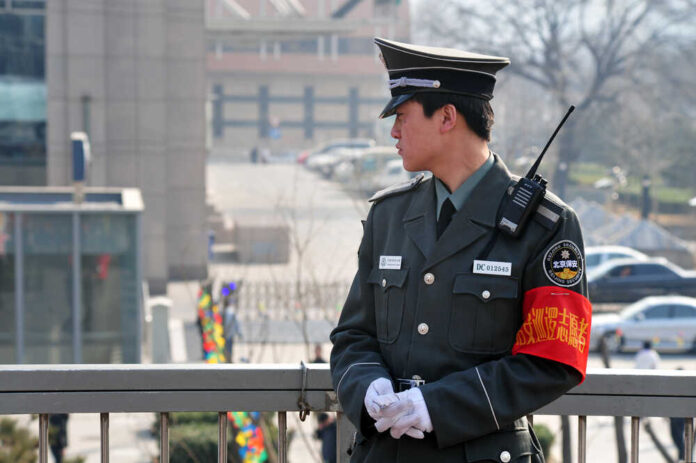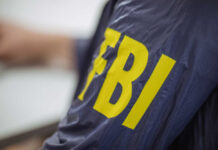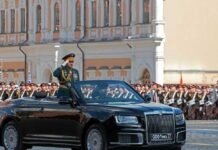
On Tuesday, lawmakers in Hong Kong overwhelmingly passed a new national security law, giving the government greater authority to suppress dissent. This is considered by many as the most recent development in the massive political crackdown that began in 2019 in response to pro-democracy demonstrations.
During Tuesday’s emergency session, the legislature approved the Safeguarding National Security Bill. It follows a comparable regulation that Beijing enacted four years ago, effectively silencing dissent in the financial center.
After an election reform, the Legislative Council of Hong Kong was full of Beijing supporters, and they pushed the bill through quickly. A committee met every day for a week after the measure was introduced on March 8 in response to a call by John Lee, the leader of Hong Kong, to pass the law at full speed. Following the vote, Lee said the law would be implemented on Saturday.
Opponents of the proposed law argue that it would go against Beijing’s 50-year pledge to protect human freedoms upon the handover of the former British colony to the Chinese administration in 1997.
Strict punishments are available for several infractions. Those who pose a danger to the nation’s security are subject to life sentences for the most serious offenses, such as treason and insurgency. Even a lesser crime, such as owning seditious literature, carries a potential sentence of many years in prison. Under certain sections, any criminal offense, regardless of location, can be prosecuted.
In the morning, Andrew Leung, president of the Legislative Council, expressed his belief that all members were proud to be part of this “historic mission.” To commemorate the event, Leung also voted, even though he usually does not do so as president of the Council.
After the massive public protests in 2019 that questioned China’s control over the semi-autonomous territory and the implementation of Beijing’s National Security Law, the political landscape in Hong Kong underwent a sea shift.
Some prominent campaigners have sought asylum overseas, while others have faced prosecution. Apple Daily and Stand News, two prominent pro-democracy media outlets, were shuttered. As a result of the crackdown, many middle-class families and young professionals left for countries like the United States, Britain, Canada, and Taiwan.
Many in the business and media communities are worried about how a new, expansive rule prohibiting the exposure of state secrets and foreign influence may impact their daily operations.
People in Hong Kong are keeping a careful eye on developments to determine whether the government will crack down on other occupations and what effect this will have on citizens’ freedoms.














